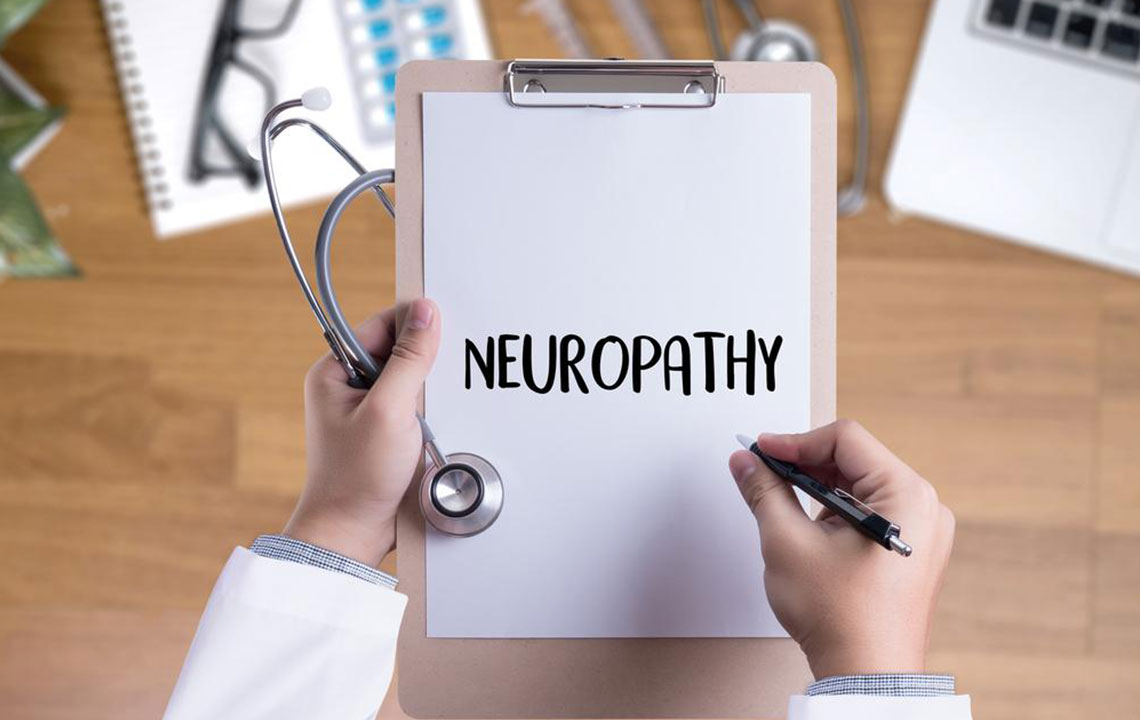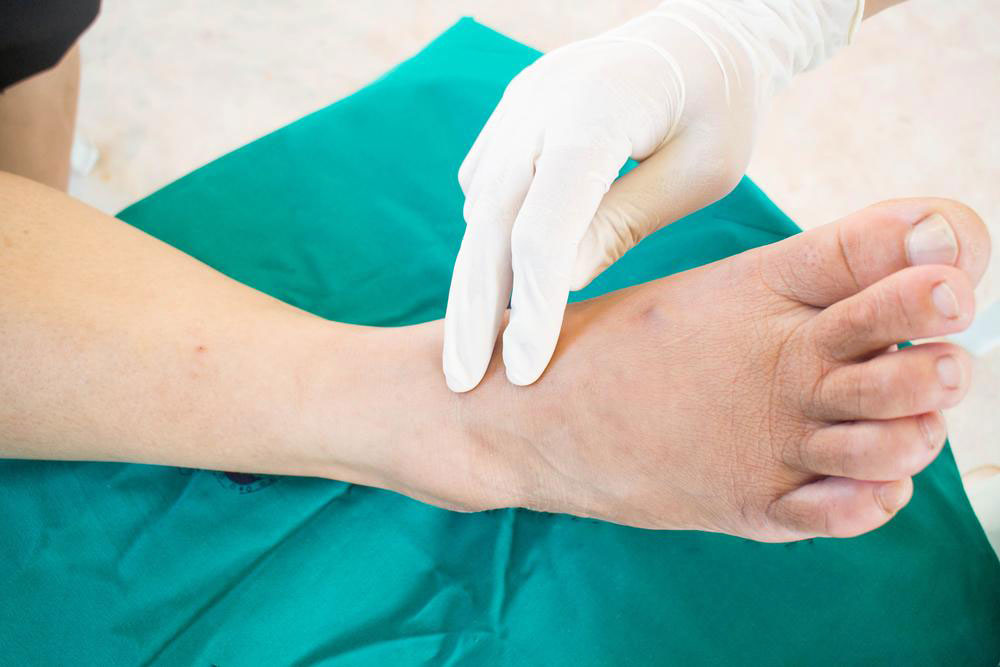Understanding Peripheral Neuropathy: Symptoms and Treatment Strategies
Peripheral neuropathy involves nerve damage affecting sensory, motor, and organ functions. Recognizing symptoms like numbness, pain, weakness, and organ issues is vital for early treatment. Management includes medication, lifestyle changes, and sometimes surgery, emphasizing the importance of timely medical intervention. This comprehensive overview guides understanding and proactive care for nerve-related conditions to improve quality of life.

Understanding Peripheral Neuropathy: Symptoms and Treatment Strategies
Overview of Peripheral Neuropathy, Symptoms, and Treatment Options
When your body's systems function properly, everything runs smoothly. However, damage to any component can lead to noticeable issues—especially with the nervous system, which transmits messages between the brain and body. Peripheral neuropathy refers to nerve disorders involving damage or malfunction in the peripheral nerves. This damage can result from injuries or underlying health conditions. Recognizing the signs early is crucial for effective management and relief.
The classification of neuropathy depends on the affected nerves and their locations. For example, diabetic neuropathy occurs when high blood sugar damages nerve fibers. Accurate identification of symptoms helps in determining the appropriate treatment plan. Keep reading to learn more about peripheral neuropathy, its symptoms, and remedies.
Signs and Symptoms
Neuropathy symptoms can vary depending on the cause and severity, but certain signs are common across cases.
Initial signs often involve sensory nerves, starting with tingling, numbness, or pain in the feet and legs, gradually progressing upward.
Loss of ability to sense joint position, leading to clumsiness and coordination issues.
Increased sensitivity to touch, sometimes resulting in discomfort or pain.
Pain may diminish in some cases, especially in the legs.
Damage to motor nerves can cause weakness, muscle wasting, cramps, and reflex loss.
Nerves controlling organs may cause symptoms like nausea, bloating, urinary issues, erectile dysfunction, dizziness, or vision problems.
Treatment Approaches
Peripheral neuropathy requires specialized care from a neurologist. Treatment varies based on the underlying cause and symptom severity.
Diagnosis involves comprehensive examinations and tests to pinpoint the root of nerve damage.
Addressing vitamin deficiencies with supplementation can improve nerve health.
Adopting a balanced diet rich in essential nutrients is recommended.
Medications tailored to the type and severity of neuropathy are prescribed.
Avoiding toxins and harmful substances supports nerve recovery.
Patients with diabetes need strict blood sugar monitoring to prevent further nerve damage.
Physical therapy may be used to maintain strength and reduce cramps and spasms.
Surgical intervention may be necessary if nerves are damaged due to injuries or compression.
Early detection and proper management are key. If you notice symptoms in yourself or loved ones, consult a healthcare professional promptly for appropriate diagnosis and treatment.










